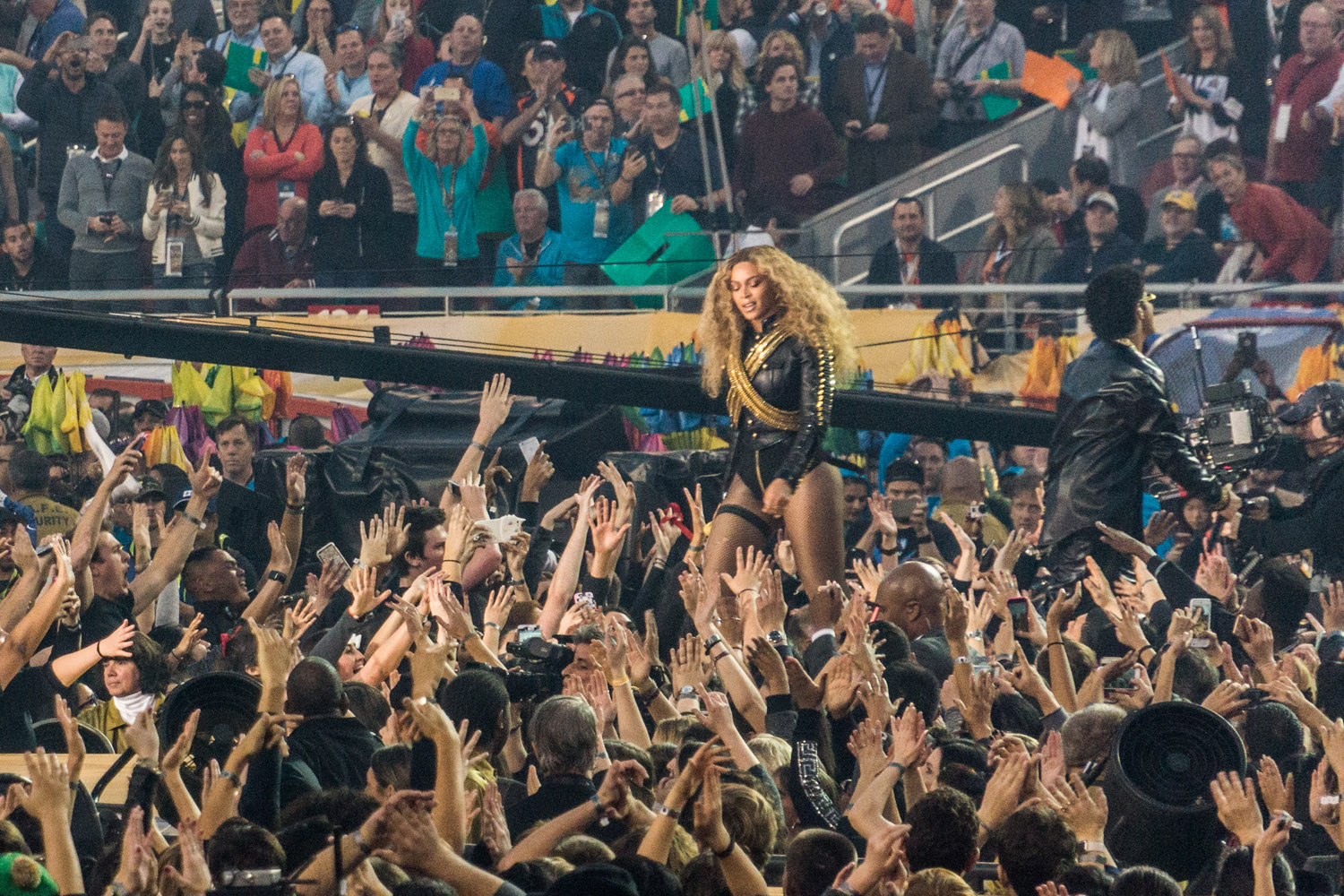Beyoncé fans transcend race, gender and age and, for many, she can do no wrong. I, on the other hand, cannot subscribe to this blameless Beyoncé.
Don’t get me wrong, I can sing every word to “Say My Name,” and when it comes to “Dangerously in Love,” my heart thumps every time. However, her recent single, “Formation,” is not substantive enough on pro-black, pro-women and pro-awareness issues. Her song is another crowd-pleasing single with fleeting political undertones, but this “hint” of awareness is not enough when the platform allotted to Beyoncé is unlike any other.
Although I do applaud her effort, most of the lyrics in the song are problematic. The more poignant ones include, “I like my baby heir with baby hair and afros / I like my negro nose with Jackson Five nostrils.” Here, she addresses rumors of rhinoplasty and the controversy around her daughter’s hair by unapologetically embracing her natural black features. She goes on to say, “I just might be a black Bill Gates in the making,” dismissing gender inequality and affirming that she can be just as accomplished as any man.
Often times, her lyrics are appropriated by the person singing along. Therefore, it equips women with confidence in their ability to be great.
Unfortunately, these lyrics are flawed. For instance, when was the last time Beyoncé sported her natural hair? Someone tell Beyoncé she has to lead by example.
At the same time, Beyoncé promises to take her man on a date to ‘Red Lobster’ and said that getting his song to play on the radio is solely based on his ability to “hit it right.” The problem here lies in rewarding a man simply because he fulfills a sexual desire. In other words, she is promoting that women only need sexual pleasure to be happy, dismissing all the other important factors a man should possess to be a good partner. Maybe this verse is satiric in that it works to treat men how they typically treat women. However, from my knowledge, men don’t usually get a woman’s song played on the radio simply because she is good in bed.
In addition, Beyoncé aims to popularize black culture by mentioning hot sauce, cornbread and collard greens, but it’s simply not enough. One of her most precarious verses lies in her distinction of black and Creole: “My daddy Alabama, Momma Louisiana / You mix that Negro with that Creole make a Texas bama.” This binary works to separate the two, Creole being more elite. In fact, Creole people have disconnected themselves racially from the black community. Part of the reason they are distinguished is their phenotype of light skin and “good hair.” In turn, Beyoncé highlights the fact her mother is of Creole decent, and her father is black. Her distinction works to pedestal her as mixed, similar to how French and Spanish Creoles were privileged in Louisiana. If her aim was equality, this certainly complicates things by promoting colorism. Colorism is an issue that is often overlooked, but it is just as detrimental to equality.
Beyoncé falls into the privileged category with her high “yellow” skin and Eurocentric features. She highlights this privilege in her verse, “I see it. I want it. I stunt, yellow-bone it” by specifically pointing to her “yellow” skin as granting her easier access. On the other hand, a dark-skinned woman who is less attractive is not offered that same license.
I respect Beyoncé for trying, but there is no sense in being half-awakened. If our aim is equality, we should not take a one-foot-in-one-foot-out approach.



